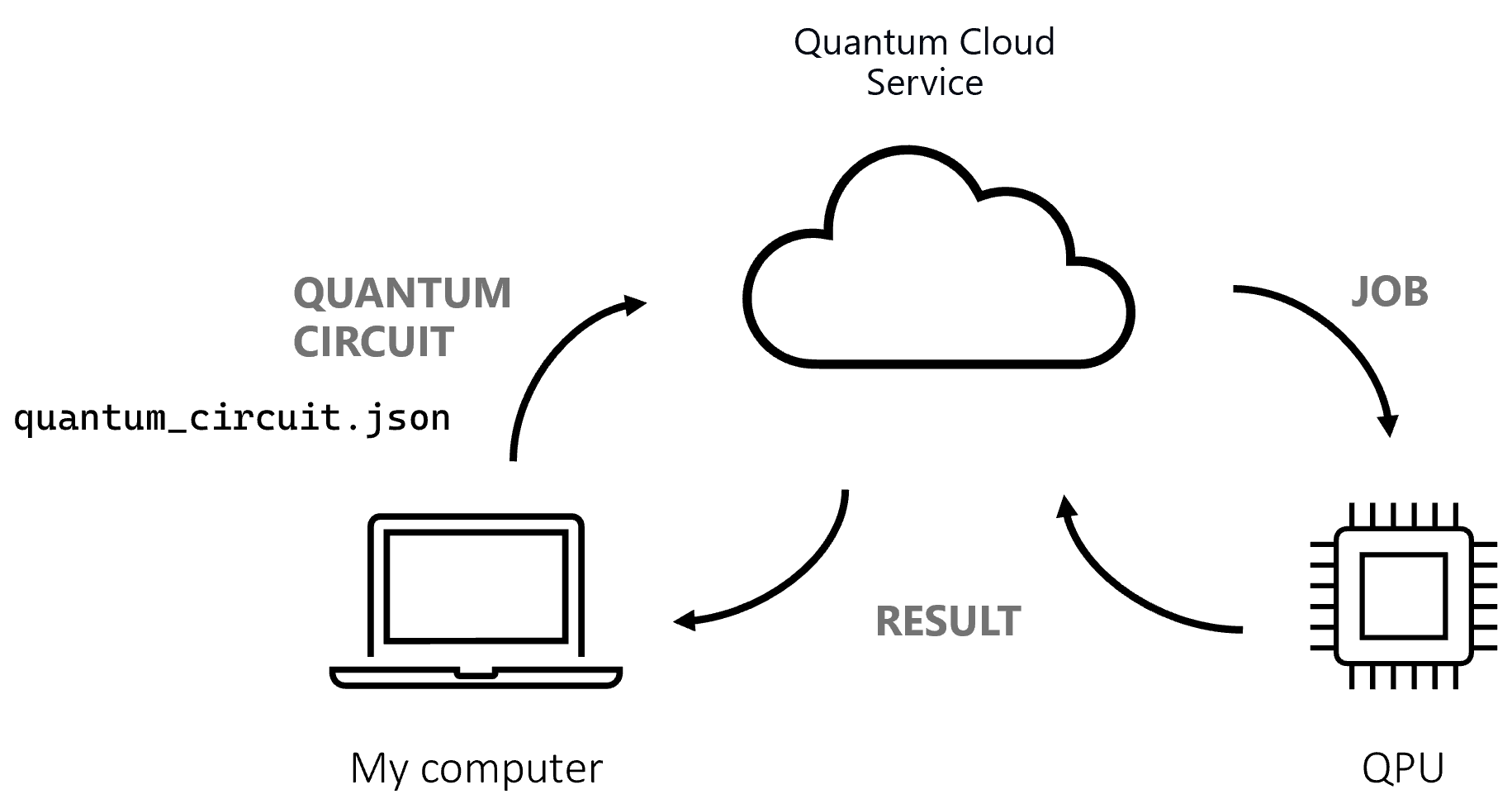
AI’s Quantum Leap: Unveiling the Potential of Hybrid Quantum-Classical ComputingAI’s Quantum Leap: Unveiling the Potential of Hybrid Quantum-Classical Computing Artificial intelligence (AI) has transformed countless industries, empowering machines to solve complex problems and make predictions with remarkable accuracy. However, the advent of quantum computing promises a revolutionary leap in AI capabilities. Hybrid quantum-classical computing combines the strengths of classical computers and quantum computers to overcome limitations and unlock unprecedented possibilities. Benefits of Hybrid Quantum-Classical Computing * Increased computational power: Quantum computers can perform certain calculations exponentially faster than classical computers, enabling AI models to tackle more complex problems. * Faster training: Quantum algorithms can optimize model parameters more efficiently, significantly reducing training time. * Enhanced accuracy and precision: Quantum computing can provide more accurate and precise predictions, leading to improved decision-making. * New applications: Hybrid quantum-classical AI opens up new frontiers for applications in fields such as drug discovery, materials design, and financial modeling. Applications in AI Hybrid quantum-classical computing has numerous applications in AI, including: * Generative modeling: Quantum algorithms can generate more realistic and diverse data, enhancing the quality of generative models. * Optimization: Quantum computers can solve complex optimization problems, optimizing AI algorithms for efficiency and accuracy. * Machine learning: Hybrid quantum-classical AI can enhance machine learning performance by improving feature extraction and model selection. * Natural language processing: Quantum computing can accelerate natural language processing tasks, such as sentiment analysis and text summarization. Challenges and Future Prospects While hybrid quantum-classical computing offers immense potential, it also faces challenges, including: * Hardware limitations: Current quantum computers have limited qubit counts and coherence times. * Software development: Developing software for hybrid systems requires specialized expertise and tools. * Integration costs: Integrating quantum components into existing classical infrastructure can be complex and expensive. Despite these challenges, the field of hybrid quantum-classical computing continues to advance rapidly. Research efforts are focused on developing more powerful quantum hardware, optimizing software tools, and exploring new applications. Conclusion Hybrid quantum-classical computing has the potential to transform AI, unlocking new possibilities for problem-solving, innovation, and discovery. As the technology matures, it will empower AI systems to tackle even more complex challenges, drive scientific advancements, and revolutionize industries across the globe.
Posted inNews